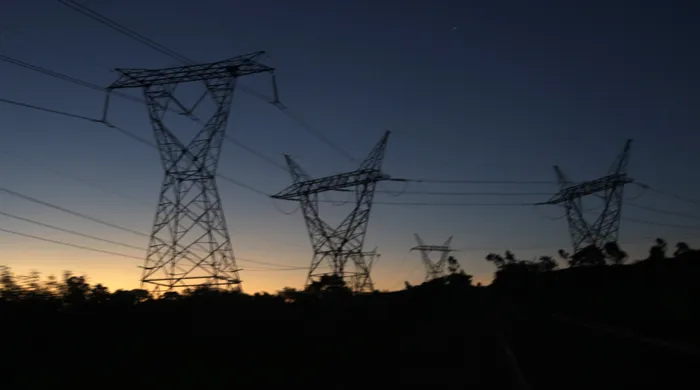Load shedding: test your alarm batteries

Battery backups for alarm systems should be checked and tested because load shedding puts additional strain on them.
As load shedding continues to plague our daily lives, a security company has warned that battery back-ups for alarm systems needed to be checked and tested.
“The battery back-up is a crucial element that needs to be tested, to give you the ease of mind that it will still offer monitoring and protection when the power goes out,” says Charnel Hattingh, head of marketing and communication at Fidelity ADT.
“If you have a stable and correctly programmed security system coupled with a battery that is in a good condition, it will continue to protect your home or your place of work during any power outage.”
Increased load shedding means there are more alarm activation signals received by armed response companies than usual.
“If the alarm is triggered because of a power surge or because of load shedding, please contact your security company as soon as possible to cancel any false alarms. This helps ensure that armed response officers are allocated to legitimate emergencies. We have introduced an automated call centre ‘agent’ to make it easier for customers to quickly cancel false alarms, which also frees up call centre staff members to concentrate on legitimate emergencies.”
The only time any alarm system might not function correctly, Ms Hattingh says, is if there is a technical issue or the battery power is low.
“Most modern alarm systems have a back-up battery pack that activates automatically when there is a power failure. We recommend considering an additional battery backup pack, as load shedding puts additional strain on the battery.”
She says there are several things you can do to ensure security is not compromised during any power cuts:
• Always remain vigilant, and report suspicious activity in your suburb to the police.
• Ensure that all automated gates and doors are secured
• With the added inconvenience of the lights going out at night due to power cuts, candles and touch-lights are handy alternatives
• Test the battery backup system and consider an additional battery pack for standby. Tests of alarm systems should ideally be conducted every six months.
• Power cuts can impact on fire systems and fire control systems, so these also need to be checked regularly.
• The more frequent use of gas and candles can increase the risk of fire and home fire extinguishers should be on hand.